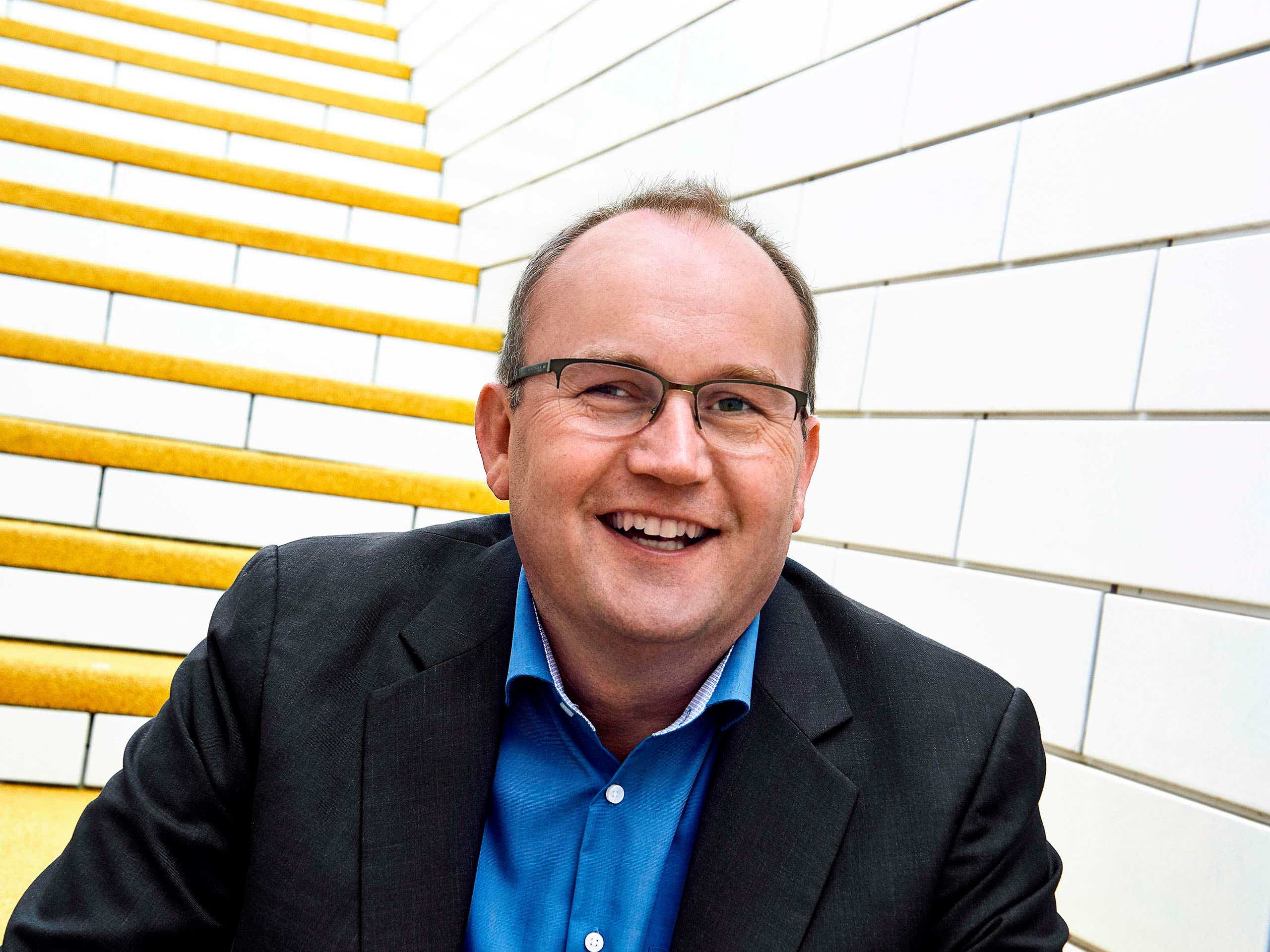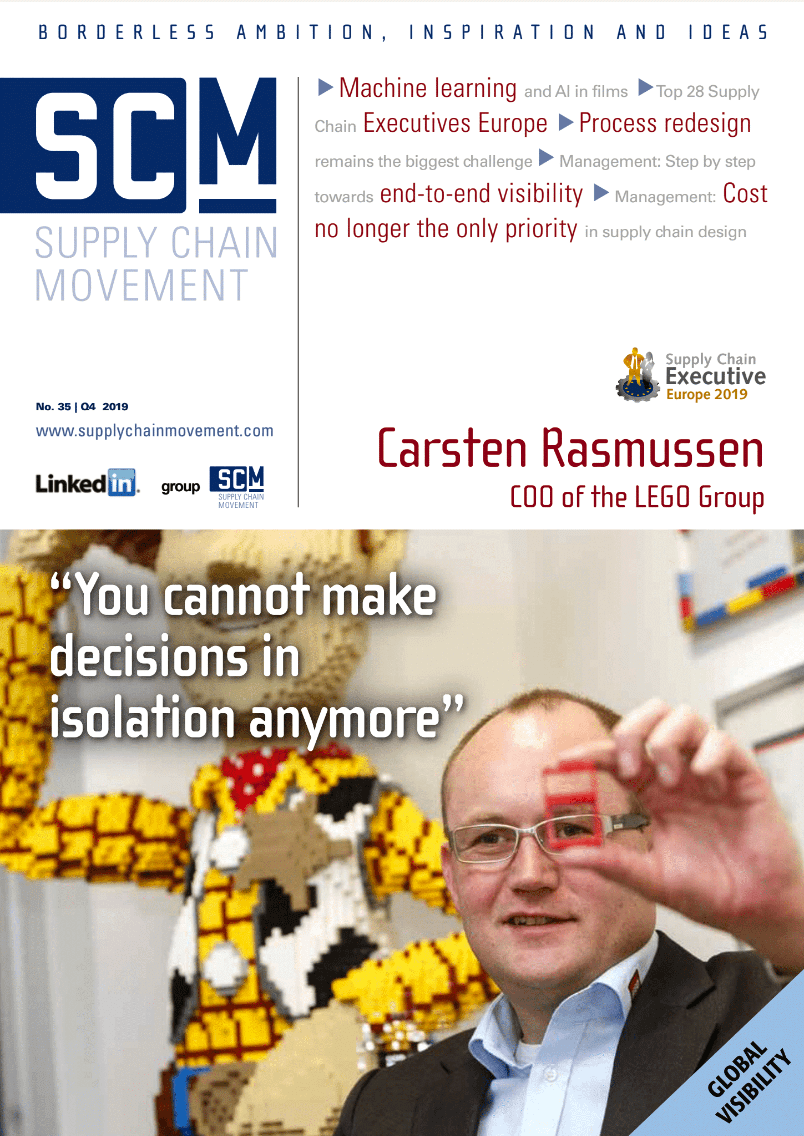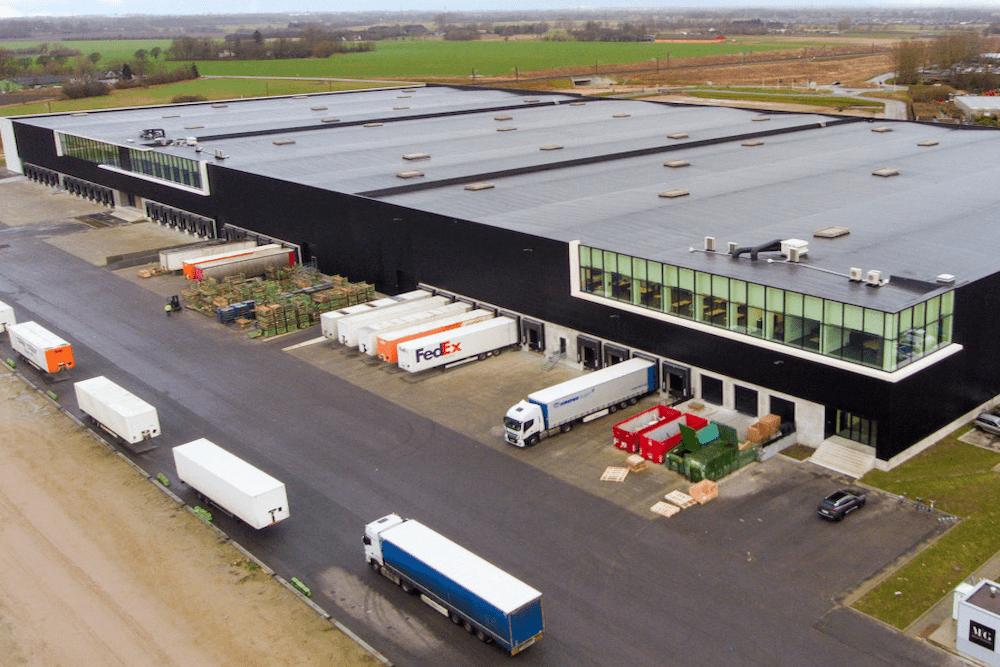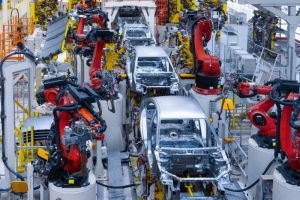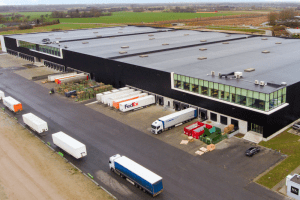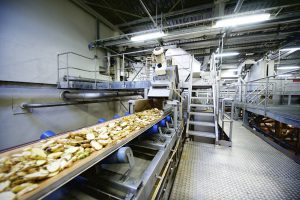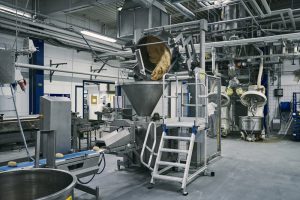Tough but fair, caring and open are words Carsten Rasmussen uses to describe his management style. The COO of the LEGO Group, headquartered in Billund, was recently named the most influential supply chain-leader in Denmark for 2019 by Supply Chain Management. It’s an achievement arrived at through his cross disciplinary experience, a passion for the job and his ability to build complete trust in his close knit team. He encourages them to take risks and celebrate both the successes and the failures. In an environment that “offers the chance of constant discovery and the possibility to create something new every time” you’d imagine it’s always fun. However, there are also challenges to be addressed. Adjusting to the LEGO mission of using sustainable materials in all core products and packaging by 2030 and the rise in personalised, direct-to-consumer sales brings many challenges and opportunities. “You need to be broad in your thinking, in your interests, and with your colleagues,” says Rasmussen.
The iconic LEGO building brick has been around for 60 years and, according to the manufacturers will be around for at least another 60 years. Even the plethora of (digital) competition is unlikely to squash the LEGO play system that has been enjoyed by generations of children. “You can’t underestimate the value of physical play and the ability to construct to enhance creativity, learning and resilience and give a child life skills,” says Carsten Rasmussen. But changing attitudes to plastics and the company’s desire to do good means it is having to look at new raw materials for its bricks. This drive towards a circular economy and the additional pressure of e-commerce and personalisation is calling for new supply chain models for the private, family-owned company.
How did you get to this position?
“I didn’t do it through my formal education! When I was in early 20s I had no firm goals but I have always wanted to learn, improve and broaden my experiences. After school I spent three years as a ski instructor, much to the frustration of my parents. However, in that period I matured a lot as I had to make decisions on the spot, solve problems and communicate with many different people. It was a very small company and I also started importing ski equipment which taught me about sales and administration. I then moved on to sales for a chocolate company and my key accounts were top supermarket chains. It was then that I decided that if I wanted to work for a big company I should get a degree. So, at 27, I joined night school and took a master’s degree in logistics. Half way through I joined the LEGO Group and after just three months as a buyer they sent me to the US for a three-week assignment. However, it was 16 years later that I returned to Denmark. Although the degree enabled me to get the job I don’t feel that made me the functional person I am today. This job is due to experience, personal development and achievements along the way. “
Did you always aspire to being a COO or another executive leader?
“Of course I had a dream and I thought the COO would be such a cool job although I didn’t assume that would actually happen. I love working with end-to-end implications where everything is knitted together; nothing is in isolation. Supply chain is all about connectivity and making a plan that supports all areas of the business and the trade-offs that go with it. Operations is in my heart. I love that daily feeling that you’ve delivered something, the sense of urgency if something is down and the immediate visible impact on our customers. We have to solve the complexity which is also the inspiration.”
You’ve been with the LEGO Group for 18 years in many different roles. Did it ever feel risky jumping from one job to the next?
“LEGO has been very good in challenging me! These career jumps have enabled me to be where I am today. I would tell young people today that you need to dare to jump many times in your career and take personal risk if you want to be in a position like this. I was in the US for five years in procurement when the LEGO Group was in a crisis period (2003-04). At that point we started to involve customers in our decision-making and I already felt then that building an end-to-end approach was what energised me.
Then after five years I was asked to go to Hong Kong and China to run the supply chain of suppliers who delivered our parts and products. I felt this would be a great step in my development – more experience and a new culture. I spent three years there and in 2009 went to Kladno in Czech Republic to run the manufacturing site. In five years it tripled in size as the LEGO Group enjoyed a fantastic growth period. It was a complete surprise when management called and asked if I would take over responsibility for shopper marketing and channel development in the UK. I felt that getting closer to the shopper in a world where everything was changing with e-commerce, omnichanneling etc, would be fantastic experience. The shift in retail had already started and I could see how the supply chain needed to adjust to the change in shopper’s behaviour. Actually the management disciplines, whether in operations or sales or marketing, are the same. You use the same tool box.
However, when I was invited to take on another corporate role, Organisation capability building, which involved strategic planning and change management, I felt this was a huge risk. While it added a new dimension I could have got stuck there. I discussed it with my wife and in the end decided to do it.
It felt risky because it was more difficult to define my impact. By then the LEGO Group was out of the crisis but commercial momentum was stalling. Our focus switched from long-term capability building to the here and now. Making an impact was more difficult and it could have been seen as coordinating instead of driving. You need to have this awareness and constantly adjust your focus to ensure that you do make an impact.”
Do you think it’s necessary for supply chain talents to have a broader, more commercial, scope?
“Absolutely. I think too many people limit their careers by not wanting to move around and get experience. Education is a good cornerstone but when you want to form your career and be a good leader you need both. To be one of best in supply chain you need to have been close to commercial and shoppers and you need to have been on the factory floor where you immediately see the implications of any decision made by the company. You cannot make decisions in isolation anymore; the business is too complex for that.”
